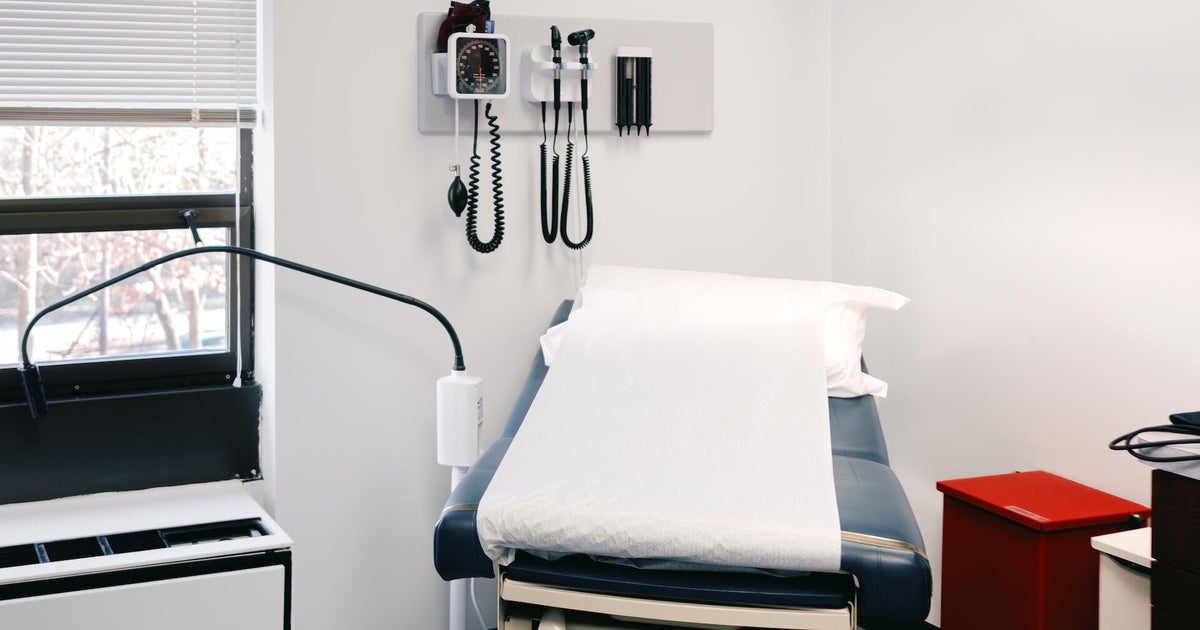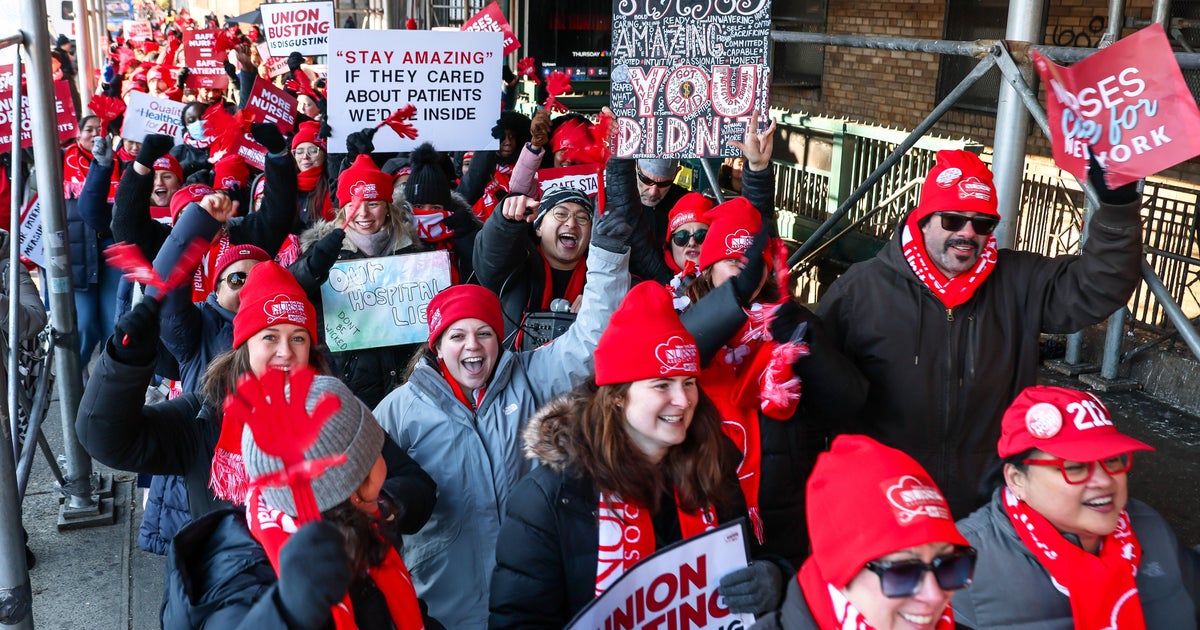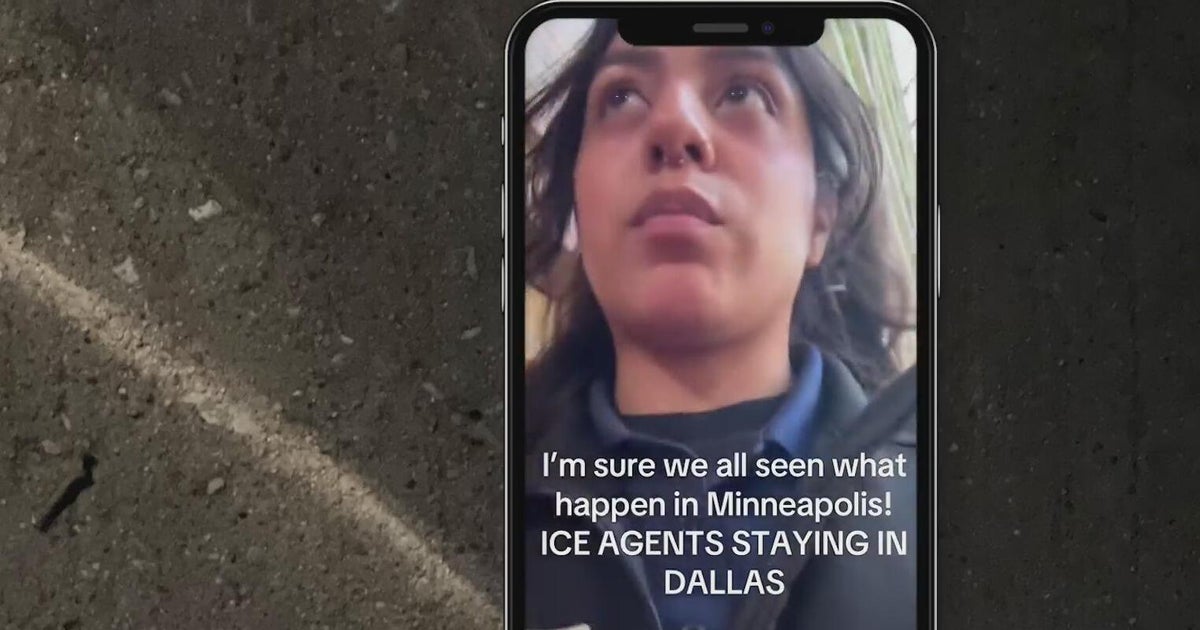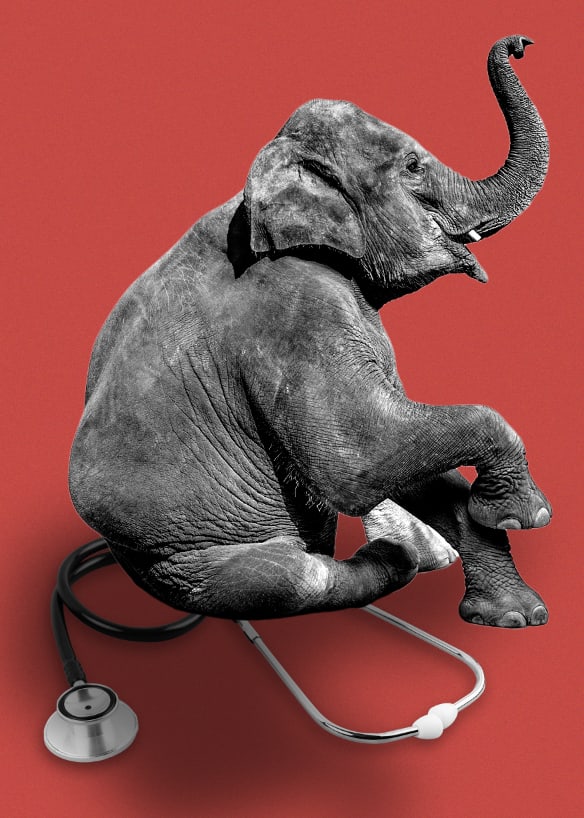Americans are losing health insurance as pandemic forces job losses: "I'm afraid for my patients"
Millions of Americans have found themselves out of work since the coronavirus pandemic forced shutdowns across the U.S. Many have had to postpone necessary medical procedures simply because they lost their health insurance along with their job, and according to some experts, the path to get insured without one is a tough one.
"The absence of our patients is really striking. And it's scary to me," Minnesota doctor Hannah Lichtsinn told CBS News' consumer investigative correspondent Anna Werner.
Lichtsinn said that some patients are just not showing up to receive medical care because they no longer have health insurance.
"It is devastating. I'm sad for my patients. I'm afraid for my patients," she said. "And I'm angry that we as a society created a health care system that didn't actually prioritize the health of our patients."
Stories like that of South Carolina resident Donna Zweig are becoming increasingly common. Zweig moved to Myrtle Beach from New Jersey in June and took on a full-time job as a food and beverage manager at a hotel as well as a part-time job at a university.
Because of restrictions put in place over the pandemic, Myrtle Beach now sits empty and Zweig said her hotel had to let her go due to a lack of business.
Zweig lost both of her jobs, along with the health insurance that was supposed to kick in on April 1.
"The uncertainty, the anxiety, the mental pressure, financial… it's beyond anything I've ever experienced, I don't think any of us have," she said.
She also said she has had to postpone a medical procedure because she "can't afford to pay for it" out of pocket, and worries the lack of insurance will "definitely" impact her future health.
As for the house she bought in Myrtle Beach for her retirement, Zweig said she has put it up for sale.
"It's not going to do me any good, this house, if I can't pay for it," she said.
The Affordable Care Act passed under the Obama administration allows people who have lost jobs to apply to state health care exchanges through special enrollment. Prices and plans vary, though many are eligible for subsidies.
Some laid off workers also quality for COBRA — temporary coverage that can be expensive.
If income falls low enough, another option is Medicaid, though restrictions vary by state.
Health policy researcher Dr. Aaron Carroll said the path to get insurance while unemployed is as complicated as it sounds, and what's worse, many states appear overwhelmed.
"We've done almost nothing to try to ease the path or to make it easy. In fact, it appears to be incredibly difficult," Carroll said.
Virginia Senator Mark Warner called it "outrageous" that "a country as rich as ours" could face such difficulty with health care. He and other Democrats are proposing a bill to reopen enrollment for the ACA and expand Medicaid in states where it has not happened yet.
"Somebody, God forbid, who may be coming down with signs of the virus should not be afraid of going to the doctor because they can't afford to pay. In this kind of circumstance, that kind of reluctance to use the system actually endangers all of us," Warner said. "It's in all our interests that these folks get health care coverage."





